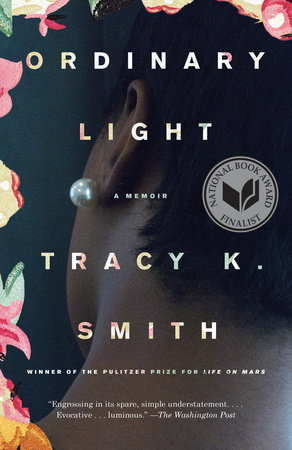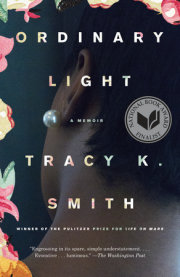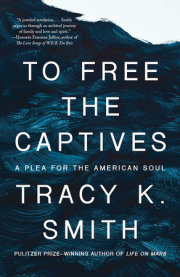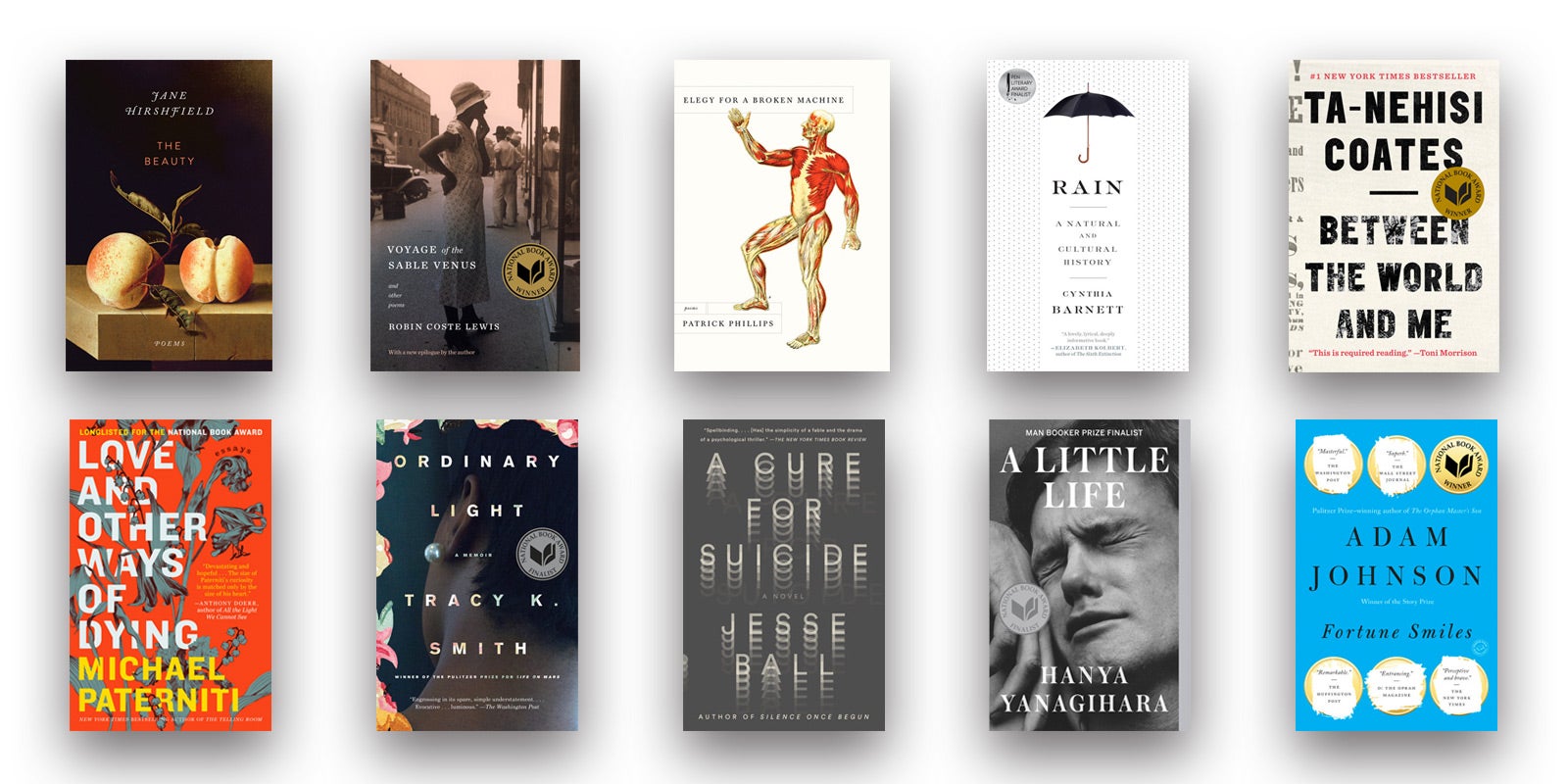Prologue: The Miracle
She left us at night. It had felt like night for a long time, the days at once short and ceaselessly long. November-dark. She’d been lifting her hand to signal for relief, a code we’d concocted once it became too much effort for her to speak and too difficult for us to understand her when she did. When it became clear that it was taking everything out of her just to lift the arm, we told her to blink, a movement that, when you’re watching for it, becomes impossibly hard to discern. “Was that a blink?” we’d ask when her eyelids just seemed to ripple or twitch. “Are you blinking, Mom? Was that a blink?” until finally, she’d heave the lids up and let hem thud back down to say, Yes, the pain weighs that much, and I am lying here, pinned beneath it. Do something.
Did we recognize the day when it arrived? A day with so much pain, a day when her patience had dissolved and she wanted nothing but to be outside of it. Pain. The word itself doesn’t hurt enough, doesn’t know how to tell us what it stands for. We gave her morphine. Each time she asked for it, we asked her if she was sure, and she found a way to tell us that she was, and so we were sure—weren’t we?—that this was the end, this was when and how she would go.
I was grateful for my brother Conrad and his wife, both doctors. None of the rest of us would have known how to administer the drug in such a way as to say what we needed it to say—Take this dose, measured out, controlled, a proven means of temporary relief —rather than what we knew it actually meant. Grateful, and hopeful that the training might stand guard against the fact that the patient was our mother.
The nurse who came by each day was a cheerful person who knew not to be cheery. Calm, available, knowing, pleasant. But she stopped short of chipper. She must have been instructed not to bring that kind of feeling into a home that was preparing for death. Not to bring hope. Instead, she brought mild comfort, a commendable gentleness that helped to rebuild something inside us. The nurse cared for our mother the way we sought to care for our mother: with no signs of struggle, no stifled rage at God and the unfair world, no tears. In changing our mother’s bandages and handling her flesh with such competence and ease, the nurse cared for us, too. Once a day for only an hour at a time, she came and eased our load just enough to get us to the next day when we knew she’d come again.
I had sat and read the hospice literature one morning at the dining room table. A binder with information about how to care for the dying at home. It said that as death approaches, the body becomes cool to the touch. The limbs lose their warmth as the body concentrates its energy on the essential functions. Some-times when I was alone with my mother, I’d touch her feet and legs, checking to see how cool she had become. I was both frightened and reassured that the literature was correct, as if her body was saying goodbye to the world, preparing itself for a journey— though that’s not it, exactly, for the body goes nowhere, merely shuts down in preparation for being left. I could sense my mother leaving, getting ready for some elsewhere I couldn’t visit, and like the cool hands and feet I’d check for every day, it both crushed and heartened me. Every day, she spoke less, ate less, surrendered a little more of her presence in this world. Every day, she seemed to be more firmly aligned with a place or a state I believed in but couldn’t decipher.
When the dark outside was real—not just the dark of approaching winter, and not just the dark of rain, which we’d had for days, too—her dying came on. We recognized it. We circled her bed, though we stopped short of holding hands, perhaps because that gesture would have meant we were holding on, and we were finally ready to let her go. Each of us took a turn saying “I love you” and “Goodbye.” We made our promises. Then we heard a sound that seemed to carve a tunnel between our world and some other. It was an otherworldly breath, a vivid presence that blew past us without stopping, leaving us, the living, clamped in place by the silence that followed. I would come back to the sound and the presence of that breath again and again, thinking how miraculous it was that she had ridden off on that last exhalation, her life instantly whisked away, carried over into a place none of us will ever understand until perhaps we are there ourselves.
It’s the kind of miracle we never let ourselves consider, the miracle of death. She followed that last breath wherever it led and left her body behind in the old four-poster Queen Anne bed, where for the first time in all of our lives it was a body and nothing more.
After it was clear that she was gone, my sister Wanda rose from the floor where she’d been sitting—we’d all gone from standing around her to sitting or huddling there on the rug around the bed; perhaps we had fallen to our knees in unconscious obedience to the largeness that had claimed our mother, the invisible power she had joined—and crawled into bed beside her, nestling next to her under the covers just as we’d all done when we were children. The act struck me then as futile. In those last many weeks, I’d grown used to looking at my mother, changed almost daily, it seemed, by the disease. And every day, I’d fought to find a way to see her as herself, as not so very far from whom she’d always been to me. But now she was something else altogether. Wasn’t it obvious? The body already stiffening, the unnatural, regrettable set to the jaw, as if the spirit had exited through her mouth. Still, Wanda, the first-born, clung to her, crying, eyeing each of us as if to say, She was mine first. Which of you is going to drag me away? It was the type of gesture I’d have expected my father to chastise her for, though of course he didn’t; none of us did. He was just as undone as any of us, though he’d done his best. In the moments after it was clear what had happened, when we found ourselves coming to in the bleak and unreal reality of her death, he’d said to my sisters and me, “You must be brave”—the thing fathers tell children in old wartime movies. I’d tried my best not to judge him as lacking in imagination, for I knew that while what he’d said was patently unoriginal, it was also true. I tried not to judge Wanda, either, but I admit that I took her invitation to even the possibility of struggle as in questionable taste. Perhaps, after a moment, she came to the same view herself, at which point she stood up and agreed to wait upstairs with the rest of us.
We all instinctively wanted the strangers who were already on their way to find our mother as presentable in death as she had always been in life, and so Conrad had agreed to stay behind to prepare the body, to change her clothes and the bed linens. He and his wife, Janet, the doctors, doing what nurses do in order to protect the shell, the empty shape, the idea of our mother from even the slightest tinge of scorn or even simply the rote disregard the attendants might have brought to their work. He’d cried doing it. Readying her to be taken away had been his moment of realization, his genuine goodbye.
There was a moment when I found myself alone with her in the room. Had I crept back down to steal a last look, or had we all agreed to give one another that much? It’s been twenty years now. I’ve forgotten so much that I once forbade myself to forget, but I do remember this: snipping five or seven strands of her hair with a pair of nail scissors from her bureau. Just a few short hairs from the nape of her neck. Suddenly, those few strands, things I’d have once thought nothing of brushing off her shoulders or discarding from among the tines of a hairbrush, were consecrated, a host. For a moment, I contemplated eating them, but then they’d be gone and I’d have been left with nothing, so I placed them in a small plastic bag, the kind of bag in which spare threads or extra buttons are provided when you purchase a sweater or coat, and tucked that into the flap of my address book.
Copyright © 2015 by Tracy K. Smith. All rights reserved. No part of this excerpt may be reproduced or reprinted without permission in writing from the publisher.






